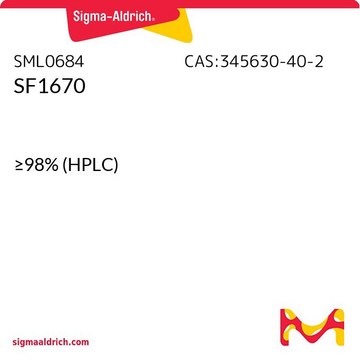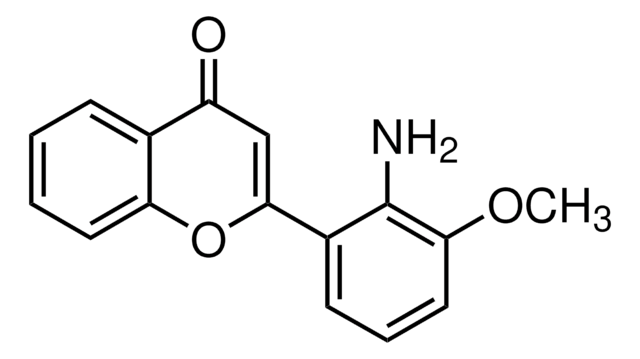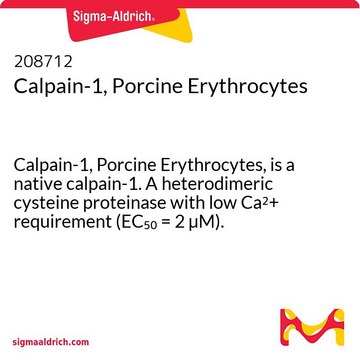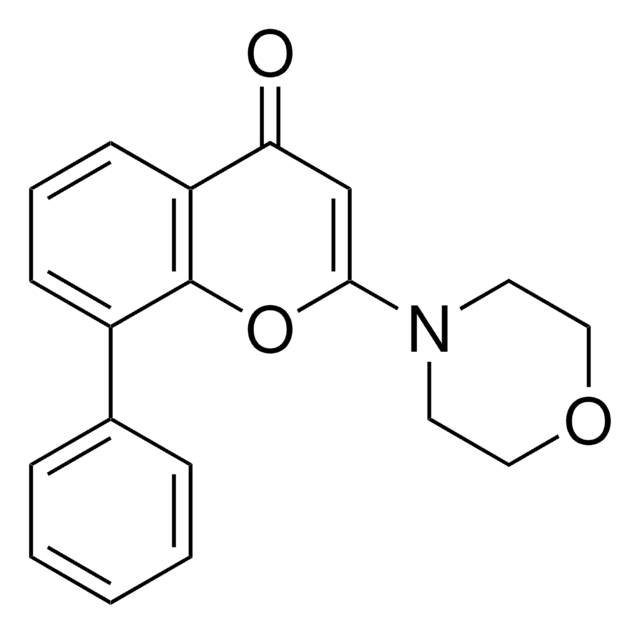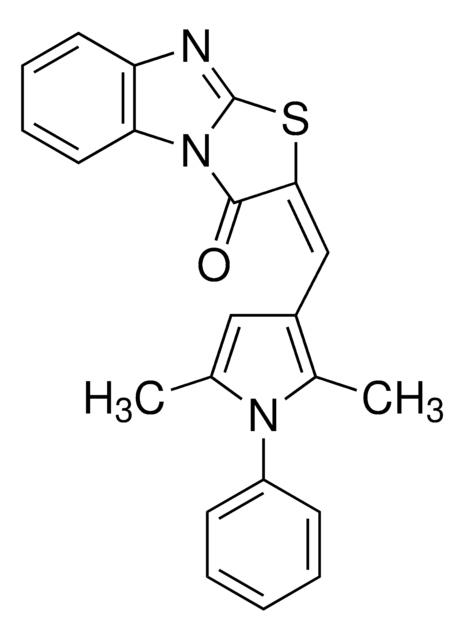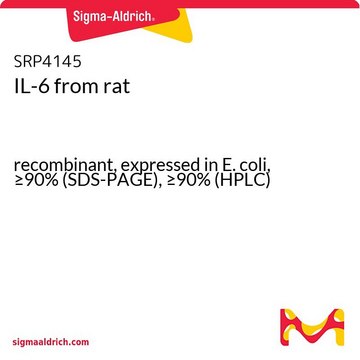RAB0504
Mouse TSLP ELISA Kit
for serum, plasma and cell culture supernatant
Iniciar sesiónpara Ver la Fijación de precios por contrato y de la organización
About This Item
UNSPSC Code:
41116158
NACRES:
NA.32
Productos recomendados
Quality Level
species reactivity
mouse
packaging
kit of 96 wells (12 strips x 8 wells)
technique(s)
ELISA: suitable
capture ELISA: suitable
input
sample type plasma
sample type cell culture supernatant(s)
sample type serum
assay range
inter-assay cv: <12%
intra-assay cv: <10%
sensitivity: 1 pg/mL
standard curve range: 0.82-200 pg/mL
detection method
colorimetric
shipped in
wet ice
storage temp.
−20°C
Gene Information
mouse ... Tslp(53603)
General description
The Mouse TSLP (chemokine, interferon γ-inducible T cell α chemoattractant) ELISA (Enzyme-Linked Immunosorbent Assay) kit is an in vitro enzyme-linked immunosorbent assay for the quantitative measurement of mouse TSLP in serum, plasma, cell culture supernatants and urine.
Immunogen
Recombinant Mouse TSLP
Application
For research use only. Not for use in diagnostic procedures.
Please refer to the attached General ELISA KIT Procedure (sandwich, competitive & Indirect ELISA)
Please refer to the attached General ELISA KIT Procedure (sandwich, competitive & Indirect ELISA)
Other Notes
A sample Certificate of Analysis is available for this product.
Please type the word sample in the text box provided for lot number.
Please type the word sample in the text box provided for lot number.
Los componentes del kit también están disponibles por separado
Referencia del producto
Descripción
SDS
signalword
Warning
hcodes
pcodes
Hazard Classifications
Met. Corr. 1
Storage Class
8A - Combustible corrosive hazardous materials
Elija entre una de las versiones más recientes:
¿Ya tiene este producto?
Encuentre la documentación para los productos que ha comprado recientemente en la Biblioteca de documentos.
S Demehri et al.
Clinical and experimental allergy : journal of the British Society for Allergy and Clinical Immunology, 44(6), 851-857 (2014-01-09)
Mouse models of atopic march suggest that systemic, skin-derived thymic stromal lymphopoietin (TSLP) mediates progression from eczema to asthma. We investigated whether circulating TSLP is associated with eczema, allergic sensitization, or recurrent wheezing in young children. A prospective analysis of
G Mócsai et al.
The British journal of dermatology, 170(3), 617-624 (2013-11-21)
Filaggrin (FLG) deficiency is a well-known predisposing factor for the development of atopic dermatitis (AD). Decreased FLG expression can be the result of haploinsufficiency or severe inflammation, which can cause acquired FLG alterations. FLG mutations are related to several clinical
Kaori Sadakane et al.
Journal of applied toxicology : JAT, 34(8), 893-902 (2013-08-29)
Phthalate esters in plastics act as adjuvants for immunoglobulin production, which aggravates allergic disease. However, the effects of alkylphenols (used as plasticizers and surfactants) on atopic dermatitis have not been studied in detail. Therefore, the goal of the present study
Stephen F Murphy et al.
American journal of physiology. Gastrointestinal and liver physiology, 307(9), G871-G882 (2014-09-23)
Tumor necrosis factor-induced protein 3 (TNFAIP3; also known as A20) negatively regulates NF-κB and MAPK signals to control inflammatory responses. TNFAIP3 also protects against TNF-induced cell death. Intestinal epithelial cell (IEC) expression of TNFAIP3 improves barrier function and tight junction
Dinesh Kumar et al.
Nutrition (Burbank, Los Angeles County, Calif.), 30(7-8), 903-914 (2014-07-06)
Broad bean (Vicia faba L.), a common vegetable, belongs to the family Fabaceae and is consumed worldwide. Limited studies have been done on allergenicity of broad beans. The aim of this study was to determine if broad bean proteins have
Nuestro equipo de científicos tiene experiencia en todas las áreas de investigación: Ciencias de la vida, Ciencia de los materiales, Síntesis química, Cromatografía, Analítica y muchas otras.
Póngase en contacto con el Servicio técnico